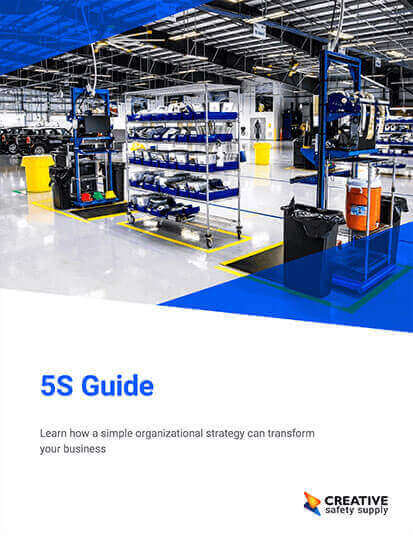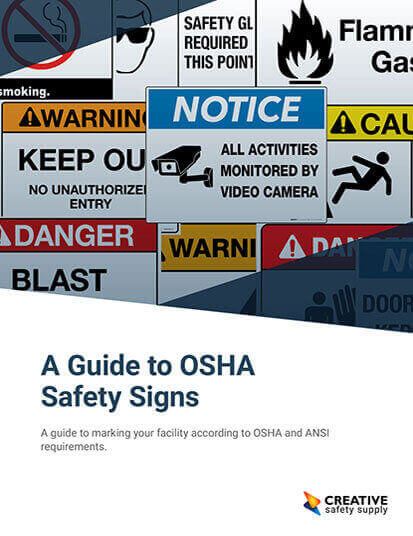
Under the blanket of regulations in the federal food, drug, and cosmetic act that was passed by congress in 1938, the Current Good Manufacturing Practices (cGMP) were made to protect consumers from inconsistent product manufacturing involving medication, medical devices, and certain foods in any part of its manufacturing process. The FDA is the entity that oversees companies that are required by law to follow cGMP regulations.
cGMP addresses issues with:
- Records
- Personal qualifications
- Sanitation
- Equipment verification
- Process validation
- Complaint handling.
This list of guidelines in the cGMP are just that, guidelines. Following cGMP is following the minimal requirements; many companies are exceeding these standards by creating risk management programs that are comprehensive and of modern quality.
The cGMP requirements were established to be flexible for the manufacturer to decide individually how to best use the necessary controls by applying proven design, processing methods, and proper testing procedures. Technology is everchanging which is why companies have flexibility in these regulations.
The entities that are required to follow these rules are:
- The manufacturers
- Any processors
- The packagers
Are the products in questions safe, pure, and effective? cGMP is necessary because the customers will not be able to tell if a medication is going to be consistent and safe for them to take. cGMP is concerned with contamination problems, mix-ups, and errors. If a company is not complying with the cGMP, then medications that they process will be considered adulterated. This does not mean that the drugs are dangerous to take in some cases, it just means it was processed by the company in a way that does not comply with cGMP standards. The FDA actually advises the consumer to not interrupt their treatment as that might cause more serious health problems.
Regardless, cGMP regulations are important because they protect people with the consistent production of quality products. If anyone involved in the manufacturing process is not being diligent enough, they will be seen as failing to comply with the law which can result in recall, seizure, fines, or even jail time.
Similar Glossary Terms
- GMP
- TSCA
- Agile Manufacturing
- Cellular Manufacturing
- 7 Wastes of Manufacturing
- HACCP
- Lean Manufacturing Process
- World Class Manufacturing
- Lean Manufacturing Tools


